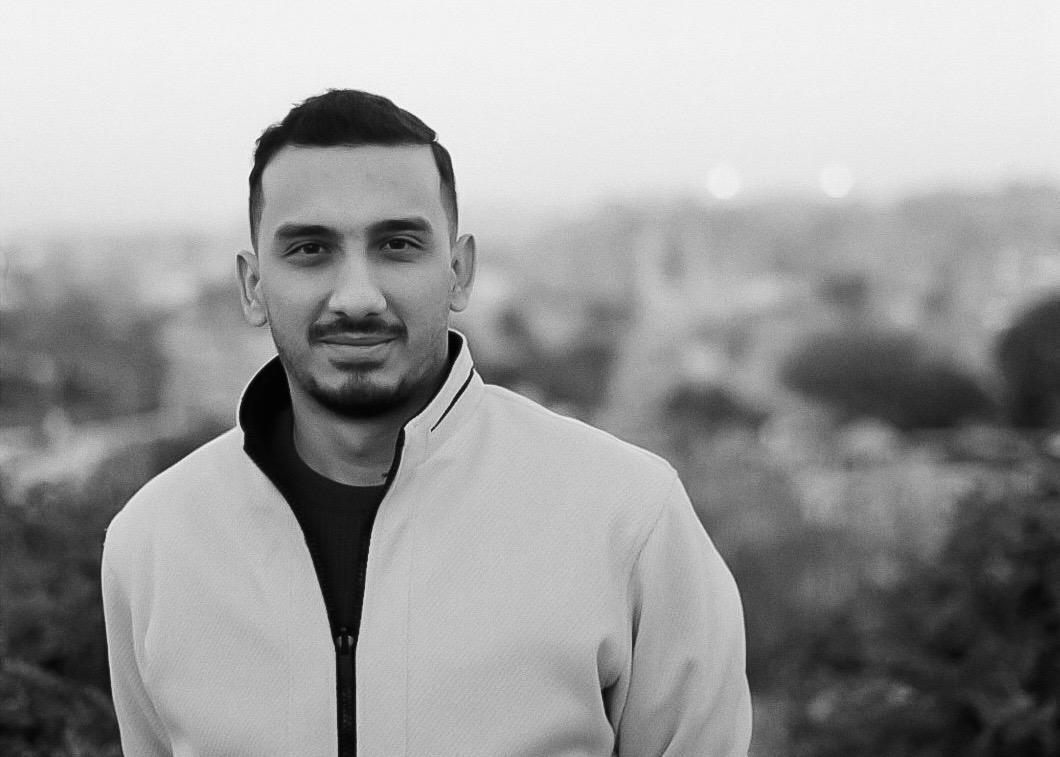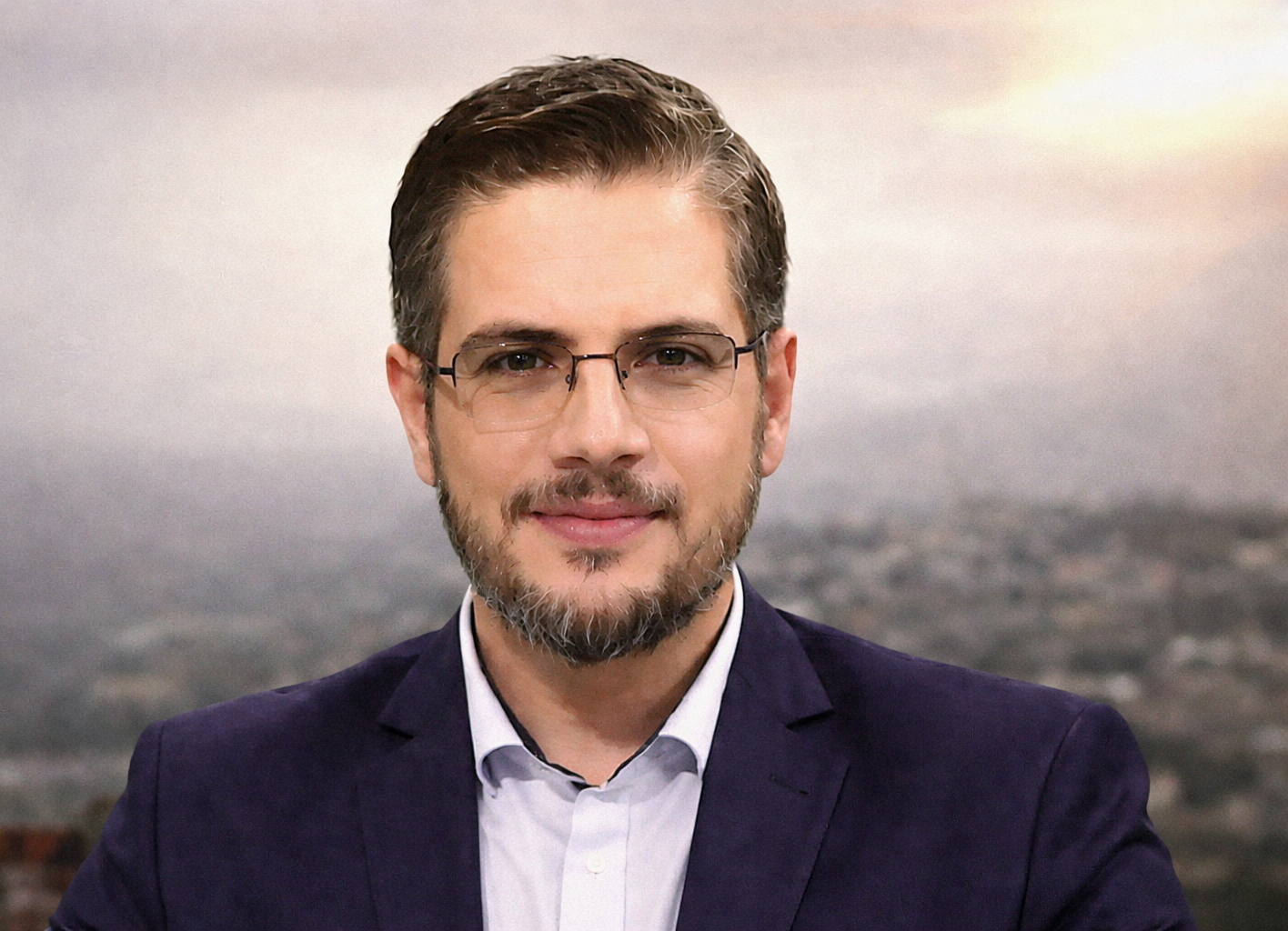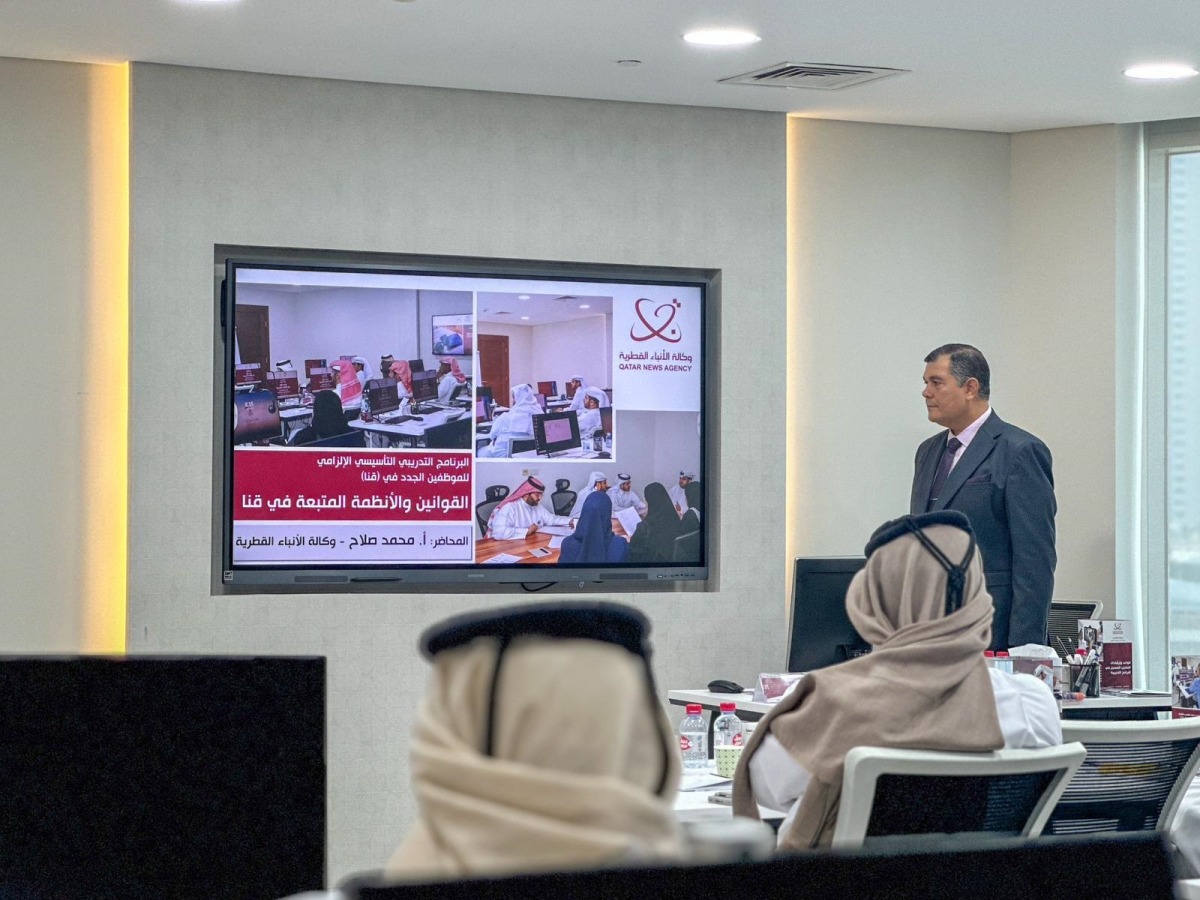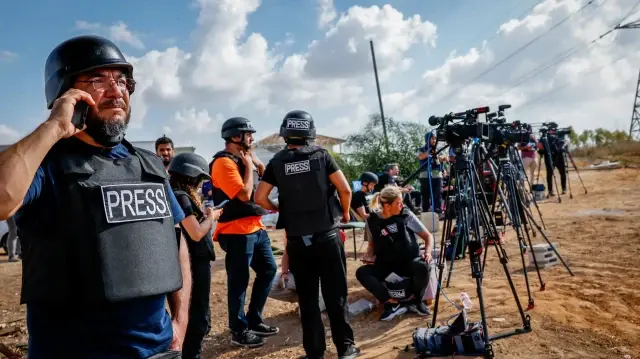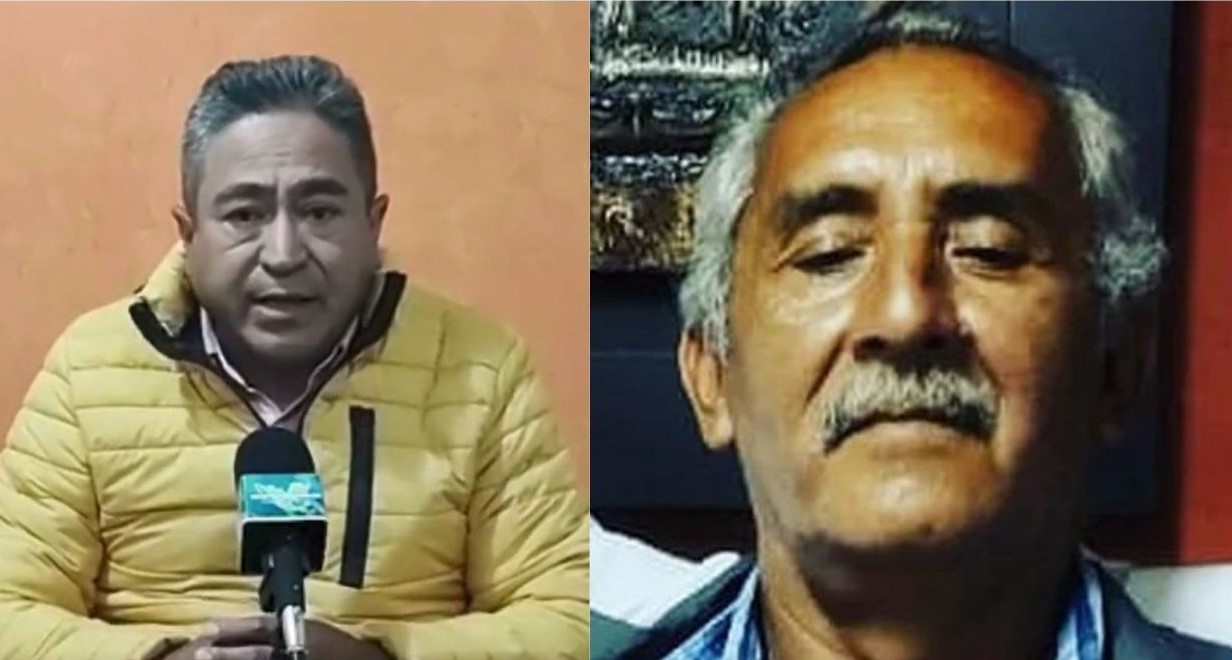
Suspect Arrested in the Murder of Michoacán Journalist Armando Linares López
August 15, 2025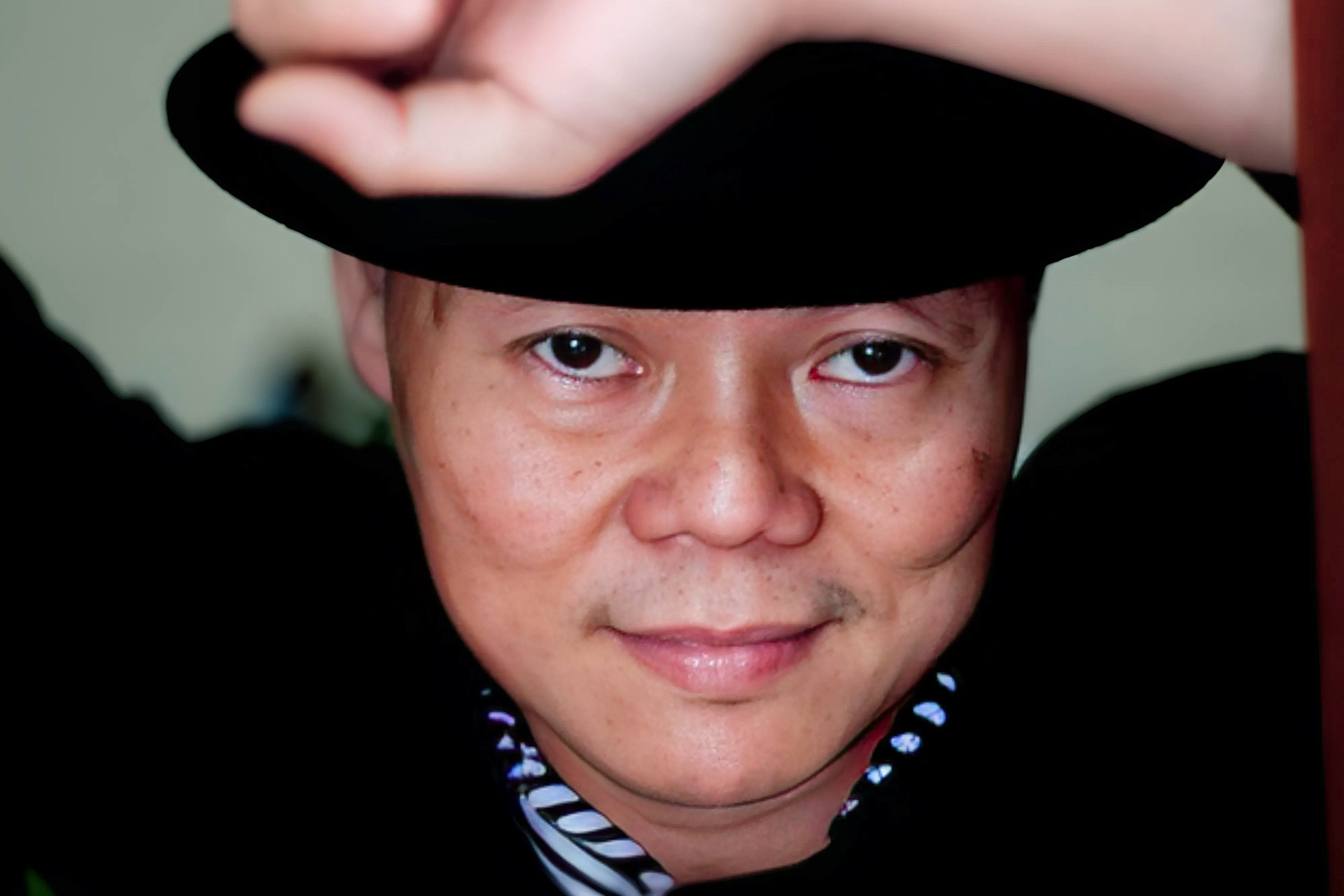
Vietnam Issues Arrest Warrant for Journalist Doan Bao Chau
August 15, 2025August 15, 2025 – Palestine –
In a powerful episode of The New Yorker Radio Hour released on August 15, 2025, host David Remnick features Palestinian journalist Mohammed R. Mhawish, who recounts his harrowing experience during Israel’s invasion of Gaza following the October 7 attack. Mhawish, reporting for major outlets including Al Jazeera and The Nation, bore witness to the devastating humanitarian impact unfolding before his eyes.
His account takes a dramatic turn when his own home is targeted in an Israeli airstrike. Miraculously, he survived the bombing and managed to flee Gaza, continuing his journalistic work from outside. The episode explores not only his physical escape but the emotional journey that followed.
Mhawish’s reflections extend to mental‑health workers in Gaza, individuals who, despite facing starvation, injury, and the loss of loved ones, still devoted themselves to caring for others. He quotes them, saying, “We cannot wait for the war to stop to start healing or for ourselves to heal to start healing others,” underscoring their extraordinary resilience.
The broader context of the episode underscores the dual role journalists play in conflict zones—they are both chroniclers and targets. Mhawish’s survival and continued reporting highlight the immense risks faced by reporters in Gaza and the essential role they fulfill in bearing witness to suffering and delivering truth to the outside world.
This episode serves as an urgent reminder that despite unspeakable loss and trauma, journalists and aid workers in Gaza remain committed to their work. Their courage sustains a vital connection between the besieged region and global audiences, even amid relentless bombardment and deprivation.
If you would like, I can provide excerpts from the episode or offer background on mental-health initiatives in Gaza or journalists’ ongoing work amid the conflict.
Reference –

